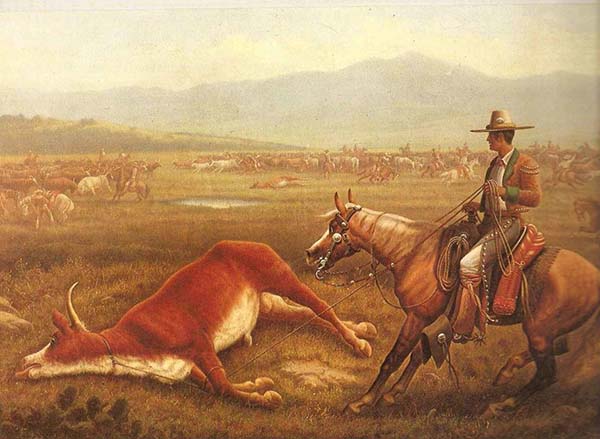This week’s round-up brings us stories on climate change, robot overlords, copyright, and video games. As always, we also ask you to keep an eye out for interesting digital tidbits that we should include in next week’s round-up: you can send them, along with any hate mail, compliments, or cat pictures, to editor@castac.org.

Actual image of our link round-up process (public domain, courtesy of Wikimedia)
- Thinking about the future is hard. Most of the time you will be wrong. However, it can socially useful activity, giving us the opportunity to think about the emergent all around us. Take, for example, Jeremy Rifkin’s enthusiastic and relentlessly optimistic predictions about self-driving cars and the coming robo-utopia. While notably light on substance, there’s certainly at least some junk food for thought.
- For an alternative vision of the future, more committed to wrestling with the brutal facts of our deeply entrenched petrocapitalism, the Monthly Review has a long, comprehensive piece on Trump and Climate Catastrophe. Come for the well-cited apocalyptic vision, stay for the hopeful and almost nostalgically socialist calls to action.
- For a rather less doctrinaire, but also charmingly nostalgic, commentary on climate change, it seems like it might be worth reading Amitav Ghosh’s The Great Derangement. Check out Min Hyoung Song’s appraisal in Strange Weather: Fiction and Climate Change at LARB.
- With all there is to say about these large-scale structures of power and energy, it’s easy to forget to be attentive to the more capillary forms of ideology structuring our daily lives. In particular, video games have tended to receive short shrift as objects of cultural criticism. Feminist Frequency has been doing good, if rather unsubtle, work taking to task the gendered stereotypes and tropes structuring a lot of the interactive media we consume. Their most recent video brings the conversation into an intersectional space with a discussion of tribal and racial exoticism in video games. It could be an interesting teaching tool, especially if paired with a play-through and discussion of a game like Never Alone.
- Back on the subject of our future robot overlords, The Atlantic discusses a report which finds that “The Internet is Mostly Bots.” Of course, this is based on a quantitative measure that probably overplays these bots’ role in shaping the content and patterns of interaction on the Web. However, as natural language processing and machine learning become cheaper and more sophisticated, more and more of the meanings we consume and circulate will likely be directly shaped by automatic systems. Keep an eye out.
- For now, though, the most direct interventions into the mediascape remain mostly negative, such as proposals to implement “notice-and-staydown” rules, which would use digital fingerprinting to prevent re-upload of material that purportedly infringes on copyright. If you’re feeling helpless and looking for ways to put your expertise in the social study of media and sociotechnical systems to good use, organization around issues like this might be a good place to start, however small they may seem.
That’s all for now, folks. Be well.
